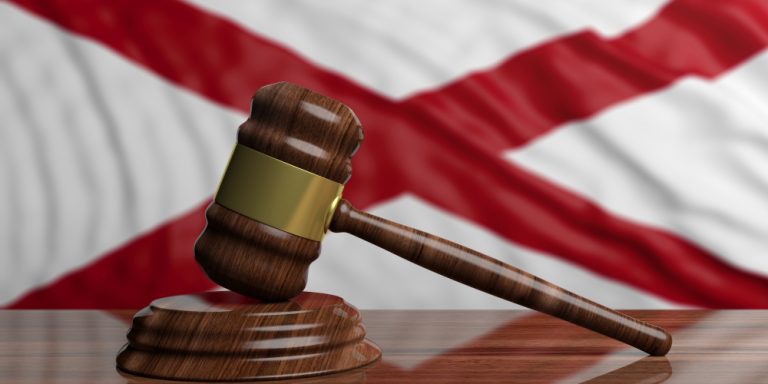Florida Supreme Court Rules That Discovery Into Extrinsic Evidence is Not Allowed When Construing Policy Language
Florida Supreme Court Rules That Discovery Into Extrinsic Evidence is Not Allowed When Construing Policy Language
In Washington Nat. Ins. Corp. v. Ruderman, the Florida Supreme Court answered several questions certified by the Eleventh Circuit regarding the interpretation of a home health care policy. In Ruderman, the insurance company attempted to rely upon extrinsic marketing materials to support its construction of the policy. The Florida Supreme Court rejected the insurance company’s position and held that it was improper for courts to look to extrinsic evidence in construing policy language. In so doing, the Court relied upon the well-established principle that “where the policy language is susceptible to more than one reasonable interpretation, one providing coverage and another limiting coverage, the insurance policy is considered ambiguous and must be construed against the drafter and in favor he insured.”
While the Court’s decision in Ruderman was adverse to the insurer’s position, the opinion should help insurers avoid burdensome and unnecessary discovery sought by plaintiffs’ attorneys in coverage cases. In our practice, plaintiffs’ attorneys sometimes seek discovery regarding an insurer’s procedures, manuals and other materials regarding the interpretation of policy provisions. In our view, that discovery is unnecessary and irrelevant, and we have successfully opposed that type of discovery. The Florida Supreme Court’s treatment of extrinsic evidence in Ruderman, should put an end to these discovery battles.







